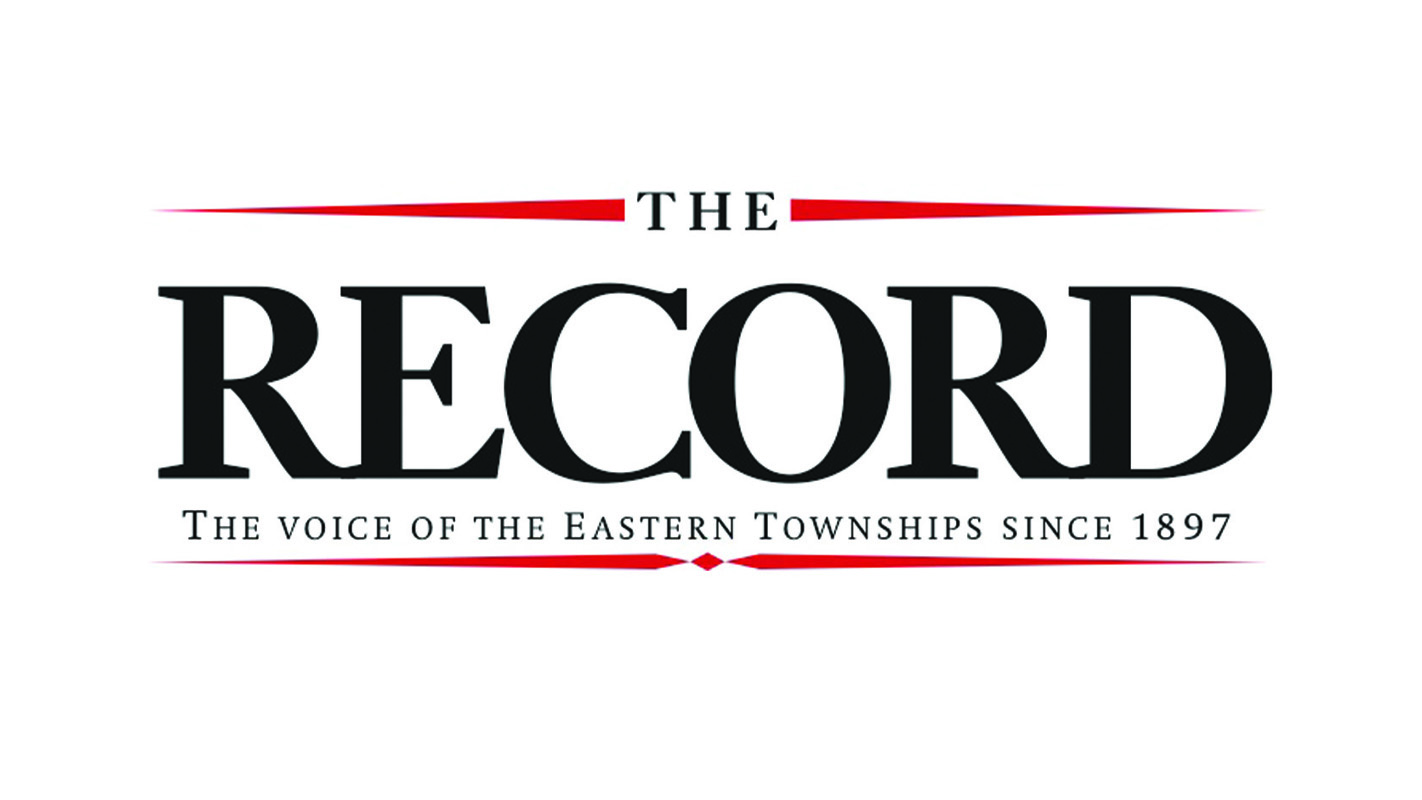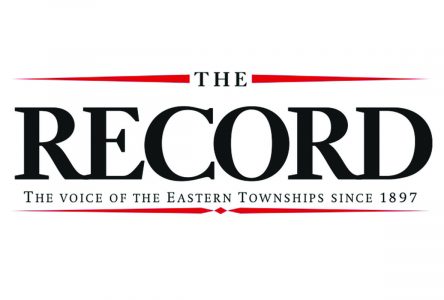By William Crooks
Local Journalism Initiative
Champlain College Lennoxville has been awarded nearly $300,000 under the Entente Canada-Québec (ECQ) agreement to support its implementation of Quebec’s Law 14, a new policy requiring CEGEP students to complete additional French-language courses as part of their programs. This mandate has created fresh challenges for the college, where administrators, teachers, and students are working to adapt to the bilingual course structure.
The project proposal, spearheaded by Champlain College pedagogical counsellors Daniela Fernandes and Jordan Glass, was developed in partnership with Professor Sunny Lau of Bishop’s University. According to Glass, “the grant will provide crucial support for our teaching staff, helping them manage the new language requirements while ensuring students from diverse linguistic backgrounds don’t fall behind.”
Navigating Law 14’s impact
Law 14, known also as Bill 96, which came into effect in recent years, mandates that all students attending CEGEPs in Quebec, regardless of their linguistic background, complete a set of core courses in French. For Champlain College, which traditionally offers English-language programs, this requirement means a substantial shift. As Fernandes explained, “Previously, all general courses were conducted in English. Now, each program will have at least two courses taught in French.”
The law also adds an administrative layer to the college’s curriculum design. Students who are recognized as “rights holders” – typically anglophone students – are allowed to complete their core courses in English, but are still required to take five courses in French. This includes two basic French courses and three additional courses that vary by program. Non-rights holders, who include recent immigrants and Indigenous students, must also complete five French-language courses, but their curriculum will focus more heavily on French literature to prepare them for Quebec’s mandatory French exit exam.
“The addition of the French exit exam is a particularly heavy burden for non-rights holders,” Glass noted. “This exam is challenging even for francophone students, so you can imagine the pressure it puts on allophones and others for whom French isn’t their primary language.” This challenge is compounded for students who come from immigrant backgrounds or Indigenous communities, whose first language may be neither English nor French.





